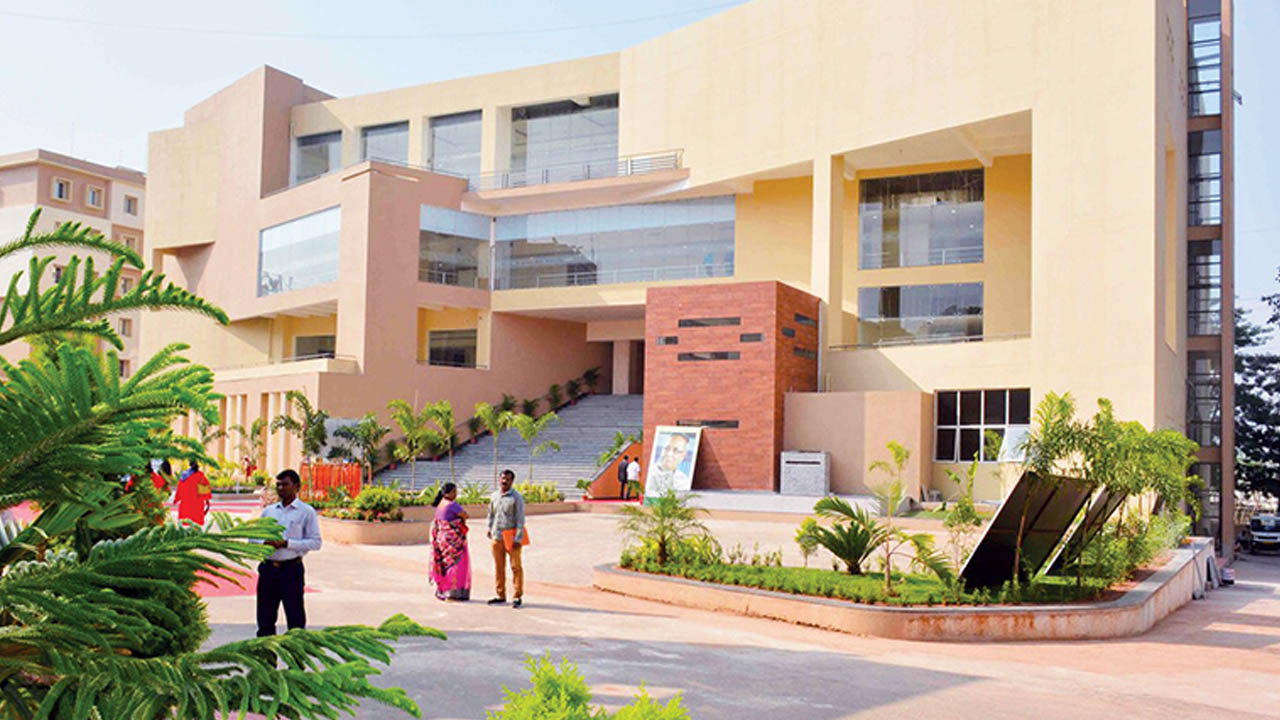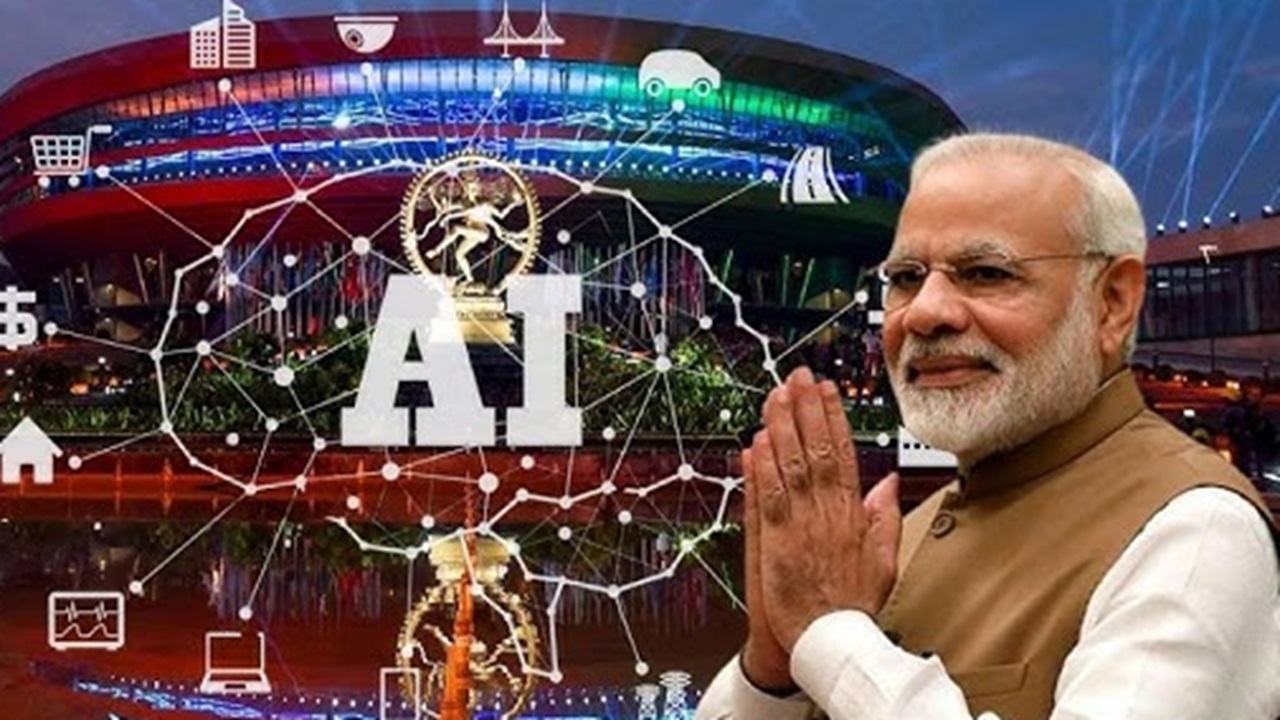The decision by the Government to confer the honorary rank of Colonel in the NCC upon VCs of 19 Indian universities marks a significant milestone in the intersection of academia and the armed forces.
· This gesture acknowledges the vital role of academic leaders in nation-building and serves to foster closer ties between universities and the armed forces.
· Honorary military ranks are bestowed upon civilians as a recognition of their outstanding achievements or contributions to society, often in fields unrelated to the military.
· Renowned sports personalities have been honored with various ranks in the Territorial Army leveraging their public influence to motivate youth towards the armed forces.
· The authority to confer honorary ranks rests with the Indian Army and Ministry of Defence (MoD), with recommendations typically made by the respective branches of the armed forces.
· Celebrities from various fields are often recommended for honorary ranks to bolster public perception and promote the armed forces’ values.
· By shifting the focus from celebrity personalities to respected academicians, the initiative aims to promote inclusivity and diversity in honoring contributions to society.
· This initiative underscores the government’s commitment to fostering a symbiotic relationship between academia and defense, leveraging the strengths of both sectors for national progress.
The recent decision by the Government of India to confer the honorary rank of Colonel in the National Cadet Corps (NCC) upon Vice Chancellors (VCs) of 19 Indian universities marks a significant milestone in the intersection of academia and the armed forces. Notable recipients of this honor include Prof. Santishree Dhulipudi Pandit, VC of Jawaharlal Nehru University, among others. This gesture acknowledges the vital role of academic leaders in nation-building and serves to foster closer ties between universities and the armed forces.
Honorary military ranks are bestowed upon civilians as a recognition of their outstanding achievements or contributions to society, often in fields unrelated to the military. Beyond acknowledging individual excellence, these honorary ranks also serve to enhance the prestige and visibility of the armed forces, while inspiring young people to consider military service. Renowned sports personalities like MS Dhoni, Kapil Dev, and Abhinav Bindra have been honored with ranks such as Lieutenant Colonel in the Territorial Army, leveraging their public influence to motivate youth towards the armed forces.
The authority to confer honorary ranks rests with the Indian Army and Ministry of Defence (MoD), with recommendations typically made by the respective branches of the armed forces. Notable examples include military personnel who transitioned from service to sports, such as Milkha Singh, who was commissioned to Junior Commissioned Officer (JCO) rank from Sepoy following his achievements in the Asian Games. Celebrities from various fields, including sports and entertainment, are often recommended for honorary ranks to bolster public perception and promote the armed forces’ values.
While the conferment of honorary ranks is not unprecedented, the decision to honor 19 VCs simultaneously is a remarkable development. This move underscores the government’s recognition of the pivotal role played by academic leaders in shaping national development and security. By shifting the focus from celebrity personalities to respected academicians, the initiative aims to promote inclusivity and diversity in honoring contributions to society. The selection of VCs from universities across diverse geographical regions further emphasizes the national scope and impact of their work in fostering education and research.
The honorary ranks bestowed upon VCs pave the way for enhanced collaboration between universities and the armed forces, opening avenues for joint research, training programs, and knowledge exchange. This initiative underscores the government’s commitment to fostering a symbiotic relationship between academia and defense, leveraging the strengths of both sectors for national progress.
The conferment of honorary Colonel ranks upon VCs of Indian universities represents more than just a symbolic gesture; it signifies a deeper commitment to collaboration and mutual respect between academia and the armed forces. As India charts its course towards progress and security, initiatives like these play a crucial role in fostering unity and cohesion across diverse sectors of society. Through this gesture, the government reaffirms its appreciation for the vital contributions of academic leaders while inspiring the youth to pursue excellence and service to the nation.
(With inputs from agencies)








